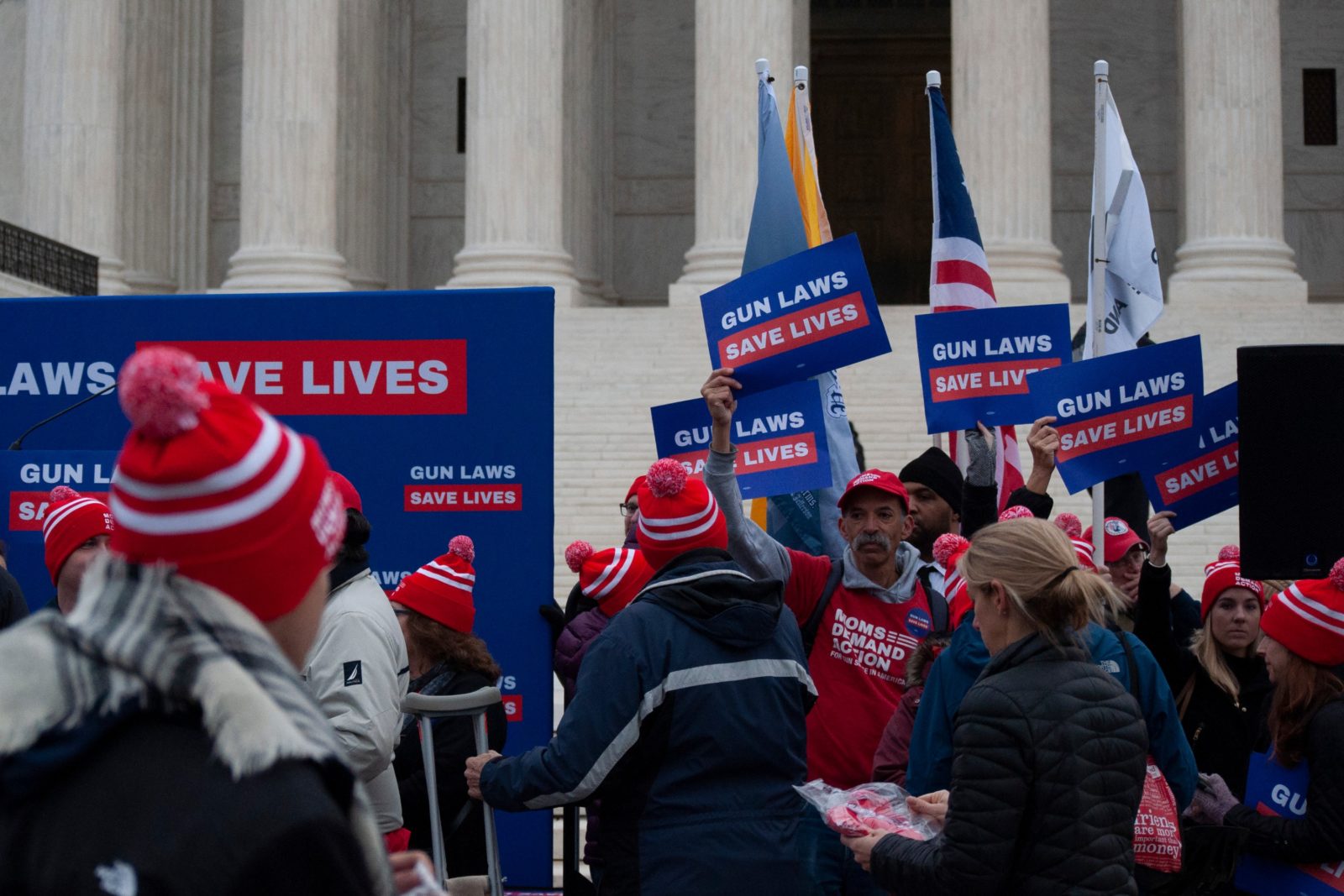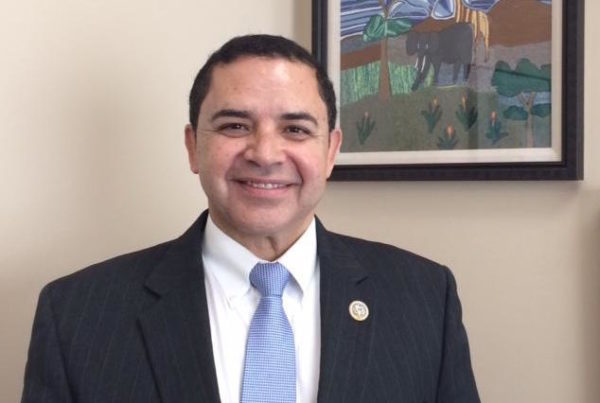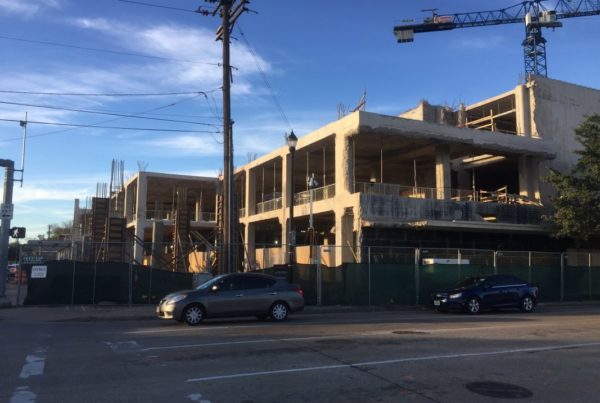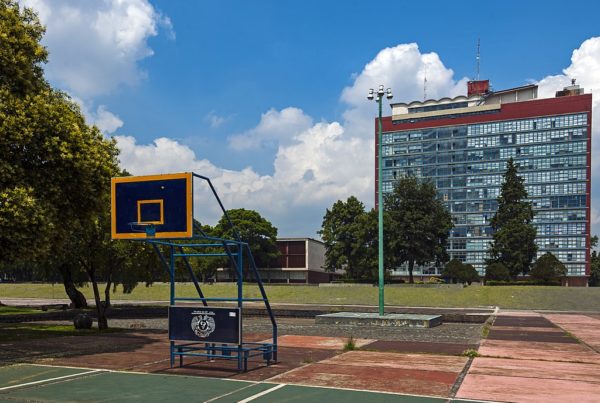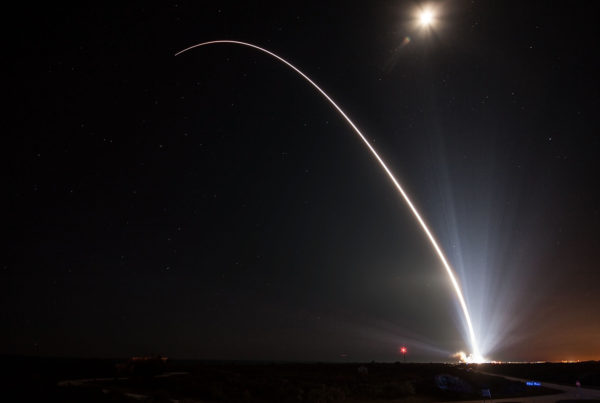From Guns and America:
After a much-anticipated showdown over gun regulations at the U.S. Supreme Court in early December focused on procedure over substance, advocates on all sides are waiting to see if the court dismisses the case.
The court heard arguments on Dec. 2 in New York State Rifle & Pistol Association Inc. v. City of New York, New York. Rather than focus on the Second Amendment, much of the discussion centered on whether the court should even discuss gun issues at all.
Instead, the court focused on whether the repeal of the law at the center of the case made the issue moot.
“What you’re asking us to do is to take a case in which the other side has thrown in the towel and completely given you every single thing you demanded,” Justice Sonia Sotomayor told lawyers for the plaintiffs.
The New York State Rifle and Pistol Association (NYSRPA) is challenging a New York City law that severely restricted the transport of firearms outside the home. In June, after the Supreme Court agreed to hear NYSRPA’s appeal, the city repealed the law.
The justices focused for much of the hearing on whether the case was moot. Justice Ruth Bader Ginsburg quickly redirected the lawyer for the gun owners, Paul Clement, away from discussing the Second Amendment issues. Instead, Ginsburg went right to the mootness question.
“The state [of New York] says: thou shalt not enforce the regulations,” said Ginsburg. “So what’s left of this case? The Petitioners have gotten all the relief that they sought. They can carry a gun to a second home. They can carry it to a practice range out of state.”
Clement responded that his clients were entitled to a declaration that the law was unconstitutional. He added that the New York state law that replaced it, which lets gun owners transport their firearms as long as their travel is “continuous and uninterrupted,” remained problematic.
“If we had been successful in the lower court and proposed an injunction, I guarantee the words ‘continuous and uninterrupted’ would not be in our proposed injunction,” argued Clement.
At one point Chief Justice John Roberts asked the lawyer for New York City, Richard Dearing, whether there would be any consequences for the plaintiffs if the case were dismissed because New York City had repealed the law.
“Would the fact of a violation of the prior law be used against them?” Roberts asked.
“It will not,” Dearing said. “It absolutely will not.”
That suggested to many observers that a five-justice majority, including Roberts, may move to dismiss the case without ruling on the merits.
The court could still grapple with the case and issue a decision expanding gun rights outside the home. Opinions are scheduled for release in the summer.


